By Emily Theresa
A little Buddha sits on the dashboard. He’s serene, hands folded in his lap, oblivious to the fact that he’s plastic.
We’re in the middle of the Indian Ocean, on the “Teardrop of India,” an island country called Sri Lanka. Every crevice of this island explodes with tree and blossom and creature. And everywhere I look is the laughing, splashing form of a waterfall.
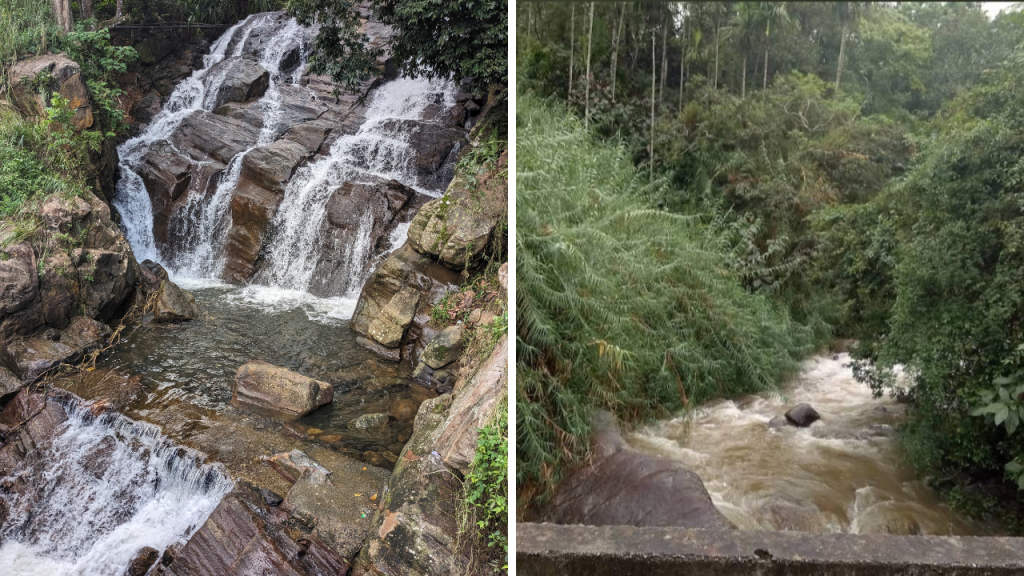
Green is more than a color here – it’s a bold declaration – and in its folds hide a thousand living, chirping, screeching animals, the birds sometimes rising from within the green in a flutter of feather and wing. Wild elephants amble slow and free; monkeys climb the slender necks of Palm trees.
Flowers are huge and bright, like splashes of paint, smelling like jasmine and honeysuckle. The leaves are so large they could be sewn into clothes.
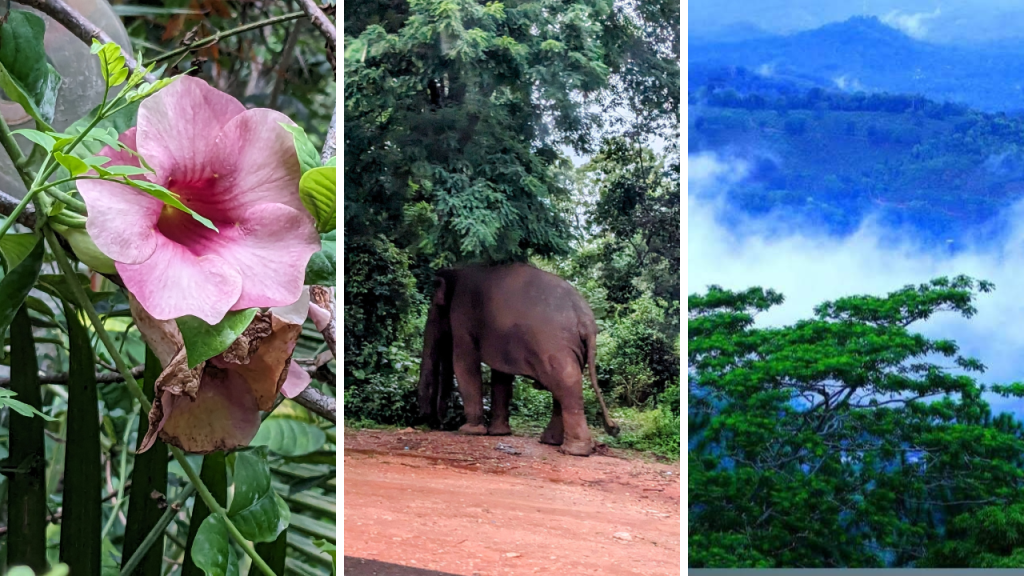
There is a rawness to this place, a wildness, almost a madness, and we see it manifest in all the missing men.
So many absent fathers, and I wonder where they’ve all gone. So we visit the mothers, instead. We hold their hands as they cry, we listen to their stories, we sit together, the unhurried silence like a gentle embrace.
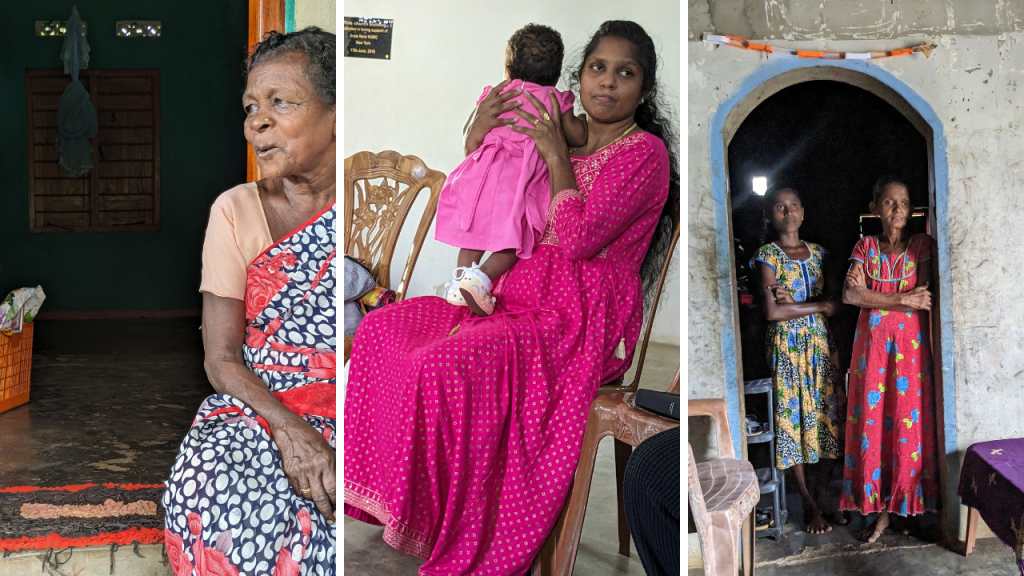
Some of these mothers hold heart babies (babies with holes in their hearts) whom doctors say will never grow, never walk. They point to the firewood they’ve gathered from the forest and tell us the authorities won’t let them sell it, but there are no other options. So they sell it anyway. The nearest markets are hours away.
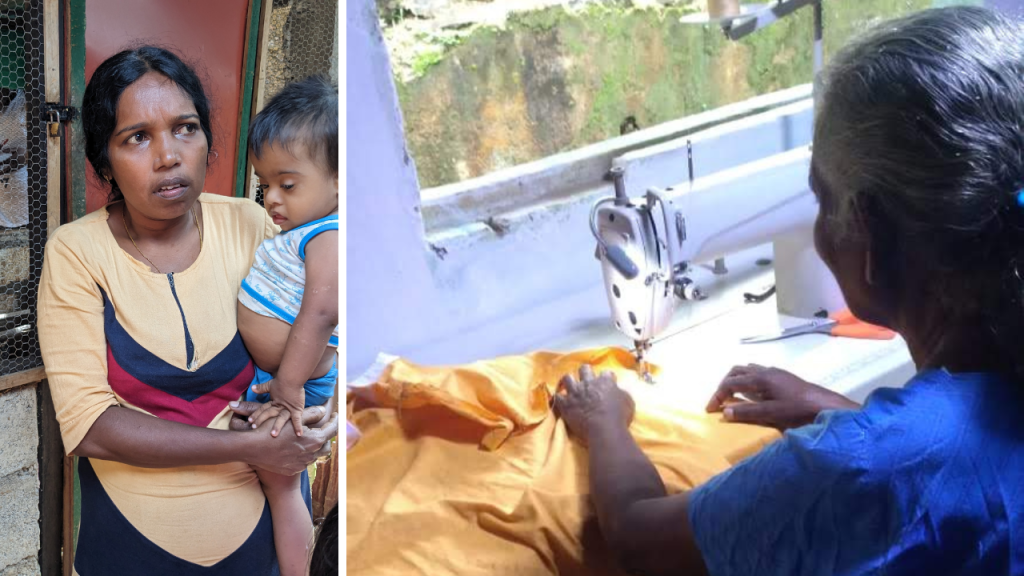
We pray and we hug and the children stare at us. Then we walk away, because we can never stay, as much as we’d want to. There are always more mothers, more stories, and behind us we leave a silence that no longer seems a friend.
We will be back, I want to whisper as we go.
And when we reach the wide open mouth of the Indian Ocean, it’s like we’ve reached all the tears of Ceylon. All the tears harvested by an endless regional war and the collapse of the economy.
The tears crash into our feet, a costly washing, like a Savior bent low, towel at His waist, looking betrayal in the eye.
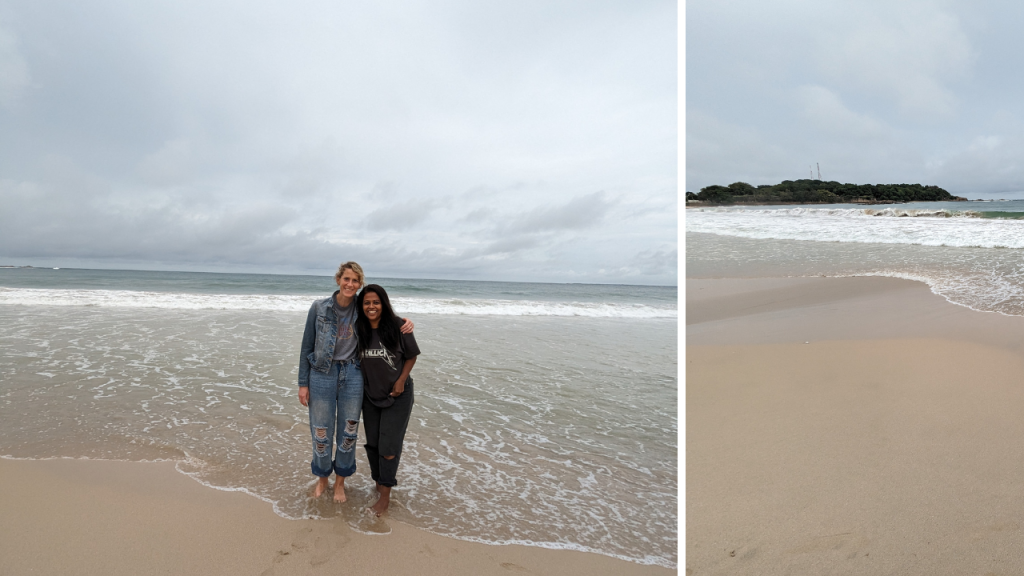
“When I was little, I would just sit and cry,” says our Sri Lanka director, Saroja. “Everyone I saw was just so sad. The whole country was so sad.”
But God tells us weeping only endures for the night.
The day after we fly into Sri Lanka, we find the mothers we’ve partnered with, in church. They’re dressed in black, but not in mourning. It’s a formal kind of black, the kind worn in celebration, because they’re graduating from our Bible School – even the illiterate ones – and it’s what God does best: redeems the shadows, the darkness, the tears, turns them into rain which brings new life, hope, light.
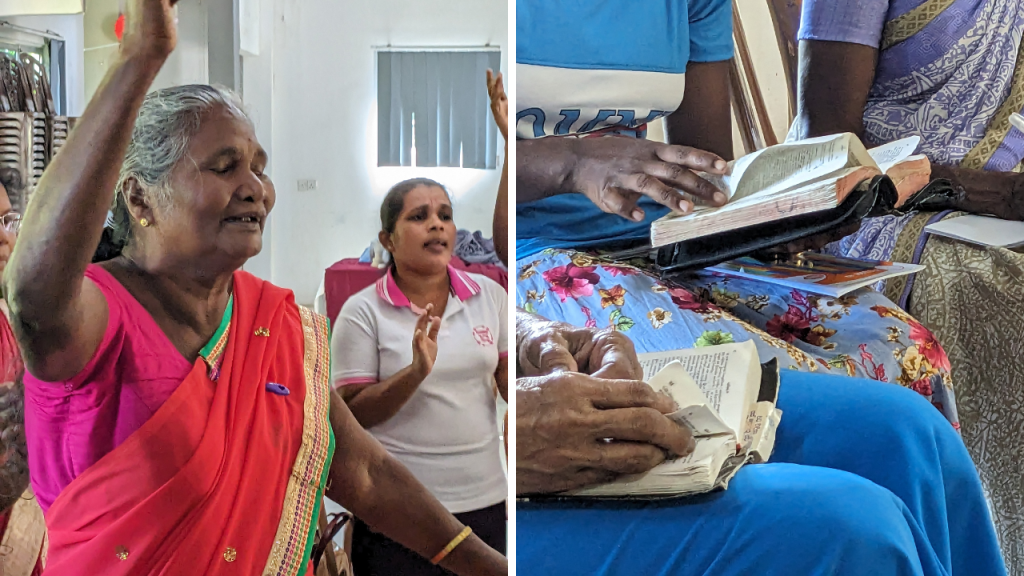
These same mothers, every one of them, are now able to take care of their families, because of sustainable projects. And each of those projects is producing profit, is multiplying, and each of their hearts desires but one thing – to give back, to help others. To wipe away the tears of mothers everywhere.
And with some coaxing, these shy mothers stand and begin to dance in their formal black gowns.
Slowly their solemn faces lift and they even dare to laugh. Because joy is brave like this. Joy is all the tears of Ceylon turned into water tumbling, splashing bravely down, surrendering to the fall. It is the uproarious guffaw of the tidal wave, the Indian Ocean meeting, greeting, retreating from us.
It is every tear collected in God’s cosmic bottle, poured out in baptism.
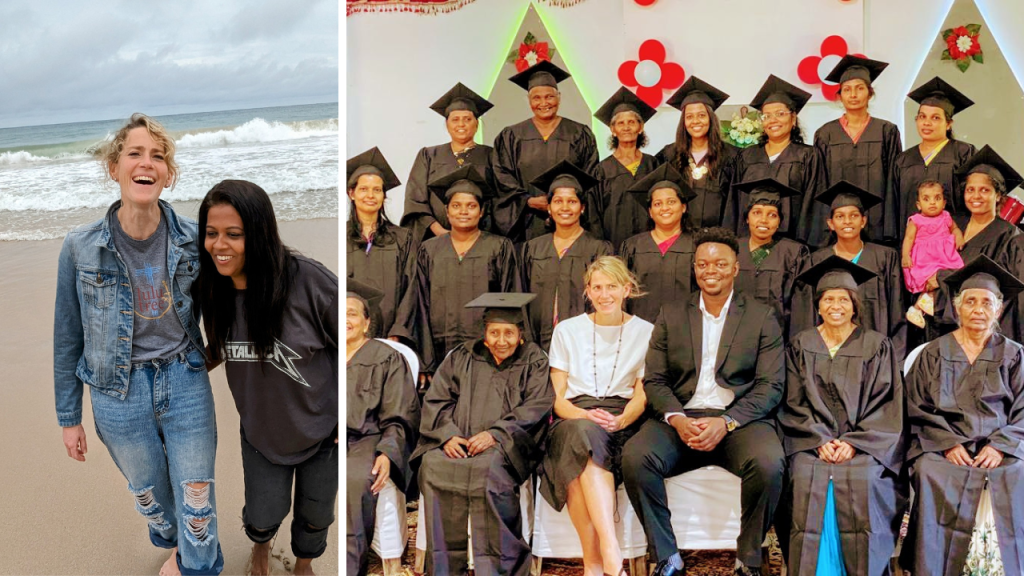
Not all fathers are missing. One is very much present, very much in the silence, very much in the waters.
He’s turning grief into joy, and this joy is taking over Sri Lanka.
One mother at a time.
(So grateful for your prayers for this trip, dear ones. It was such an encouraging and powerful journey — the most encouraging one yet. And perhaps the hardest, due to all the spiritual opposition. Will be sharing more stories in the New Year with you. Much love, e.)
